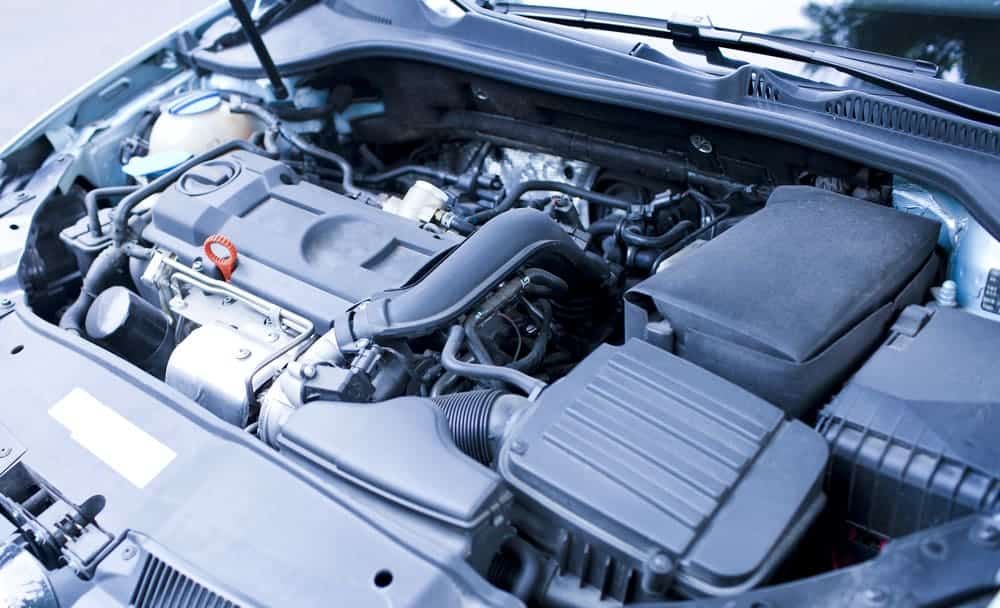
Everyone knows the most popular cars on today’s roads. You cannot step out of your house without seeing a Ford Focus or a Vauxhall Corsa. Using our own data, we decided to find out which of the top 100 cars in the UK have the most reliable engines.
The Scenario
The engine is arguably the most vital part of any car, as well as being the most expensive part to replace. We receive hundreds of requests for used car engines on a weekly basis. Using these requests we decided to find out which of the top one hundred most popular cars on the country’s roads has the most reliable engine, under the hypothesis that the more reliable the car’s engine, the fewer requests we will receive for a replacement.
How did we work it out?
Using a data set that covers the entire 2013 period, we recorded the most frequently requested engines in the UK by make and model of vehicle.
Simply looking at the number of requests for each make and model’s engines does not give the whole picture. We had to compare the number of requests against the number of cars to find out the true reliability rating. For instance if there are a million cars of one type on the road and we receive a thousand requests for this cars engine, it can be said to be more reliable that a make and model that receives two requests, but only has a hundred vehicles on the road.
So we used a third party database that calls upon data stored by the DVLA we were also able to gain accurate figures for the number of vehicles of each specific make and model currently on the road.
To give each vehicle a reliability rating, we then calculated the percentage of all cars on the road that required a new engine, by dividing the number of requests by the total number of cars for each type of vehicle. This allowed us to score each model’s reliability and compare them against one another, creating an index of the top hundred cars on the road. It is interesting to note that the most requested engine does not belong to the least efficient car.
The Results
This table ranks the data in order of efficiency – the first make and model on the list is the least efficient, and the last is the most efficient, based on our data.

The Conclusions
Our survey suggests that if you want to purchase a popular and cost effective car that is unlikely to need a new engine, then the Peugeot 208 or the Audi A1 are your best bets, as we did not receive one request for a new engine for either vehicle. Closely following these vehicles are the Peugeot 107, Hyundai i10 and Toyota Aygo, all of which had the top placed reliability ratings for cars for which we did receive engine requests.
Conversely our data shows the Mazda 6 is the most likely vehicle on the road to require a replacement engine, with around 1 car in every 687 needing a change of this vital part. The Mitsubishi Shogun and the Citroen Berlingo gained second and third place with considerably reduced figures when compared to our front runner.
It was surprising to see that the BMW X5 and Audi A4 performed so badly on our list given the reputation for German engineering. However, the stats depend on an assumption that the same ratio of drivers for each kind of model buy parts online. It may well be the case that when a one of these cars suffers from an engine breakdown, owners are more likely to purchase a new engine. Whereas a Ford Fiesta might find its way onto the scrap heap if the engine packs up, as it could well be cheaper to buy a new car. Further the owners of certain cars, such as a Mercedes or Aston Martin are more likely to go to a dealer and have the engine fitted by a specialist dealer, as opposed to attempting to change it themselves, especially if the installation requires extensive computer work.
Another inconsistency in our data set could be caused by the relative age of the vehicles. For instance, whilst the Nissan Qashqai has been one of the top ten best selling cars in the UK over the past two to three years, it is still a much newer vehicle than the Ford Fiesta, which has appeared on the roads of the UK for around three decades. Thanks to all moving parts degrading due to age, it is only reasonable to expect to see more Ford Fiestas requiring engines than the newer makes and models out on the road.
Our Final Word
It is also possible to factor in a number of positive assumptions about the cars that were rated the most efficient. These may well have the easiest and most cost effective engines to change, making it possible to run these vehicles for several years. It is certainly true that cars with computerised engines and high performance systems are more likely to need dealer assistance and a completely new unit.
What the survey does show is that it is only a fraction of a percentage of all cars that need a replacement engine, and that there is enough supply in the market to satisfy the demand for second hand car engines, helping keep the prices down and making motoring accessible for anyone on a budget.
Do you share our surveys views? Have you experienced difficulties with any of the cars on our list or have you found that certain models on our list should be higher or lower than their current position?

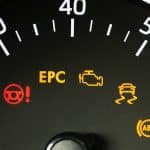

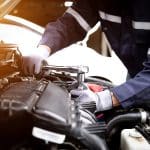

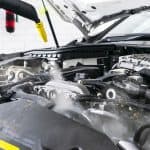
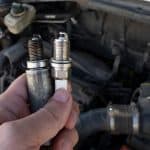
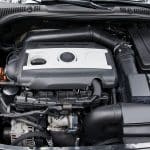
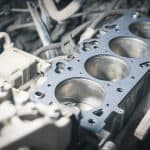
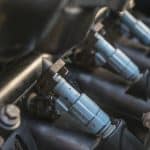
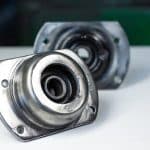
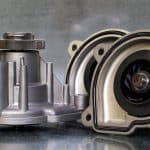
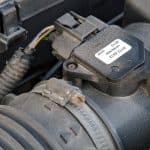
.png)